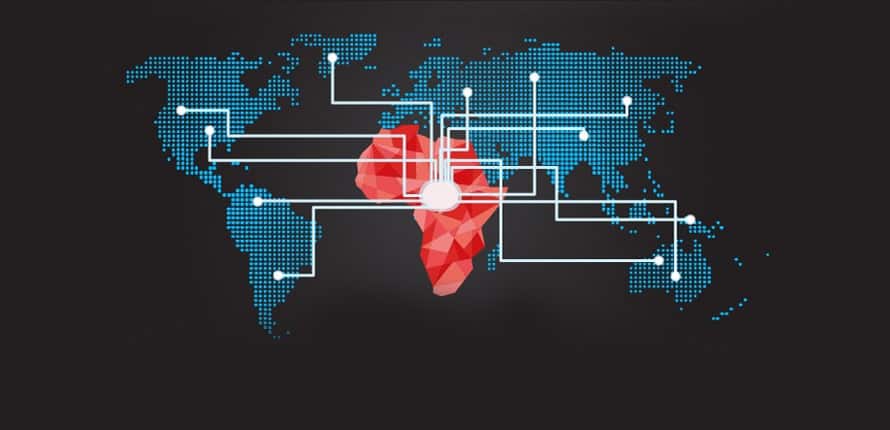Dr. Ingrid Wünning Tschol, Senior Vice President of Strategy, Robert Bosch Stiftung
Over the past decade the previously rather constant global science and technology landscape has become dynamic, fast-changing and interdependent. According to the American National Science Foundation’s new Science and Engineering Indicators 2018 report, the United States is indeed still holding the position of the global leader in science and technology. However, the U.S. global share of science and technology activities is declining as other nations -especially China – continue to rise. China’s universities are rapidly developing with its share of global total peer-reviewed scientific articles at 18.2%, closely following the 18.8% of United States.
Africa has many excellent scientists – both in the diaspora and on the continent. Nonetheless, only three African countries (South Africa, Egypt and Tunisia) are amongst the top 50 globally that are leading in science and engineering publication. Together, these three countries produce only 0.1% of the global 2.2 million peer-reviewed scientific articles.
With the tremendous challenges the entire globe is facing, – amongst others, climate change, rapid urbanization, food production for a rapidly growing population, epidemic diseases or the decimation of other species – all continents need strong science as a basis for home-grown solutions, tailor-made to the regions’ specific problems. More than ever, we need to work together. For this, we need to break down, not build up barriers, between and within our nations.
This is why the Robert Bosch Stiftung GmbH co-initiated the Next Einstein Forum together with the African Insitute for Mathematical Sciences (AIMS) in 2013. We are convinced that Africa with its excellent young scientists has the potential to become an important player within the global scientific community. Strengthening the African scientific community within a global context is an important goal of the Robert Bosch Stiftung.
In the session, “The Changing Global Map of Science” scheduled on the 28th of March, we will discuss causes, triggers and driving forces for the rapidly changing global map of science with increasing, stagnating and decreasing regional scientific outputs and its consequences. Issues addressed will include the impact of national science policies, the importance of professional funding organizations and access to international funds, the impacts of politics, populism and anti-elitism, the relationship of science and economic development, the role of access to high-impact journals and their possible biases, and advantages/disadvantages for any given region to strive for international collaboration rather than competition. To address these topics, the session will gather leading scientists and science-policy makers from four different continents.
The changing global map of science
February 26, 2018
